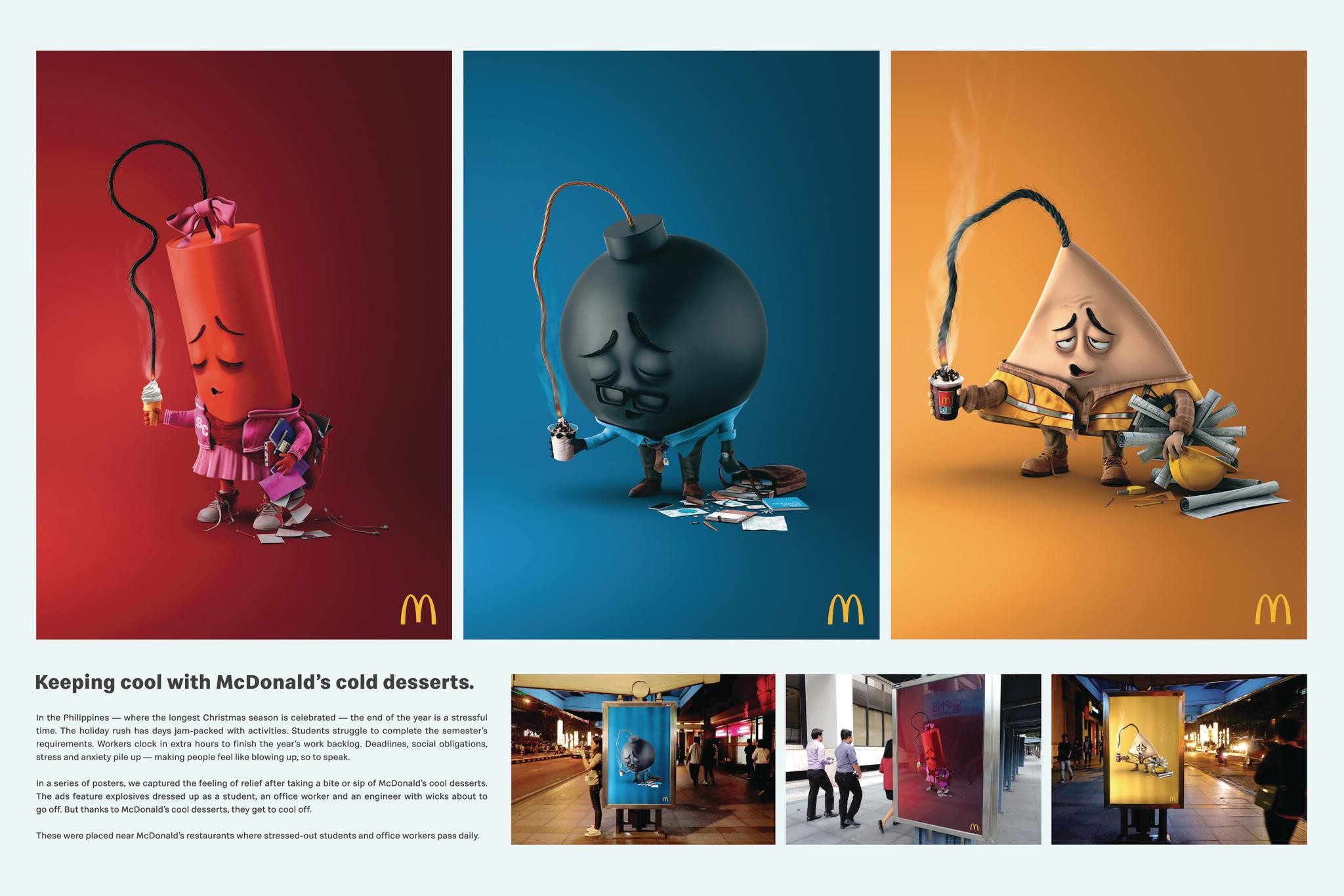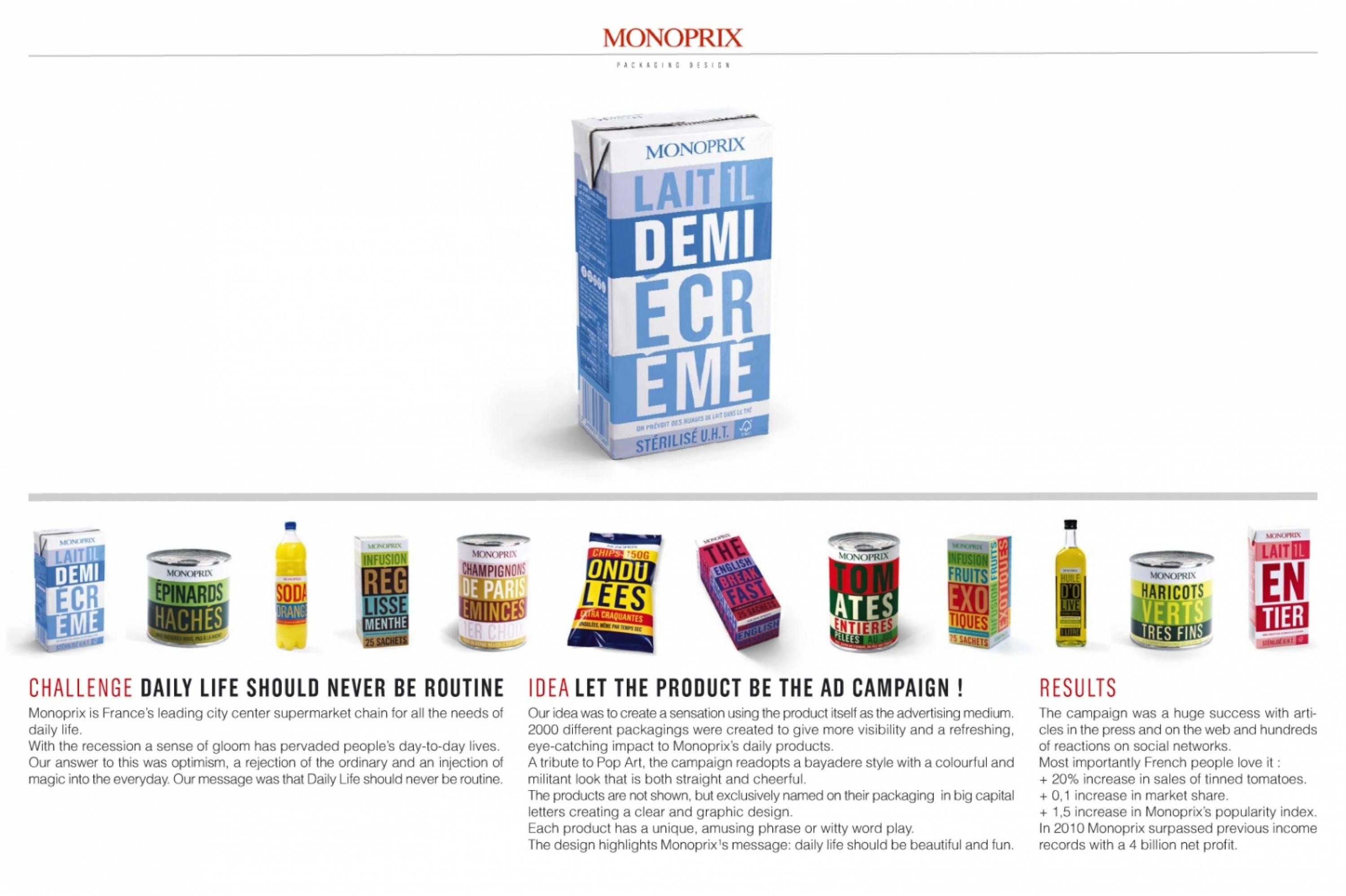Cannes Lions
McClassroom
LEO BURNETT , Makati City / MCDONALD'S / 2021
Awards:

Overview
Entries
Credits
Overview
Background
In March 2020, covid-19 brutally forced many businesses, including McDonald’s, to close its doors. In the months and the varying stages of lockdown that followed, the fast food chain fought to remain accessible via delivery and drive-thru, but with majority of dining rooms closed, McDonald’s had no choice but to give up its most powerful medium of engagement with its customers.
With all restaurants brands pivoting to delivery services, the essence of and differentiation among brands were becoming blurred. And with no end in sight for the pandemic, McDonald’s knew that it couldn’t just “ride it out” and hope that customers remember the brand fondly when all of this was over. It needed a fresh way to connect with its customers in the new normal.
Idea
In a pandemic world where the restaurant and food service category has redefined accessibility as convenience through contactless ways to order, pay and receive your food, McDonald’s created a deeper relevance with its customers by focusing not just on what can’t be accessed temporarily because of the lockdown, but what could be permanently compromised because of it. This is a story of how McDonald’s transformed its empty party rooms into lively virtual classrooms to ensure that the delivery of quality learning and education need never be disrupted.
Strategy
As the world’s longest lockdown dragged on in the Philippines, the 2020 school year opened to the harsh reality of distance learning. Filipinos were not alone in the struggle to uphold children’s education. But what made it harder for both students and teachers in the Philippines were not only their cramped conditions at home, but the sorely inadequate internet coverage.
As the whole country braced itself for a school year unlike any they’d ever known, McDonald’s knew that it could do more, not just as a brand, but more so as a member of the communities that we operate in. It had the space – our party rooms that used to welcome an average of 60 customers per event, have stood empty and unused. It had the WiFi connection, and most importantly, it had the scale
Execution
McDonald’s transformed its empty party rooms into McClassrooms – WiFi-equipped work areas for those who needed quiet, sanitized spaces to for virtual classes. We opened our doors to grateful teachers, and had the government restrictions not banned children from going out, students would have been welcome.
We utilized our social channels (Facebook, Twitter and YouTube) and website to further fuel awareness for the plights of teachers and students. As conversations grew, media channels and influencers picked up on McClassroom, spreading our story to even more people
Over 220 McClassrooms were opened all over the country, in time for the opening of the school year
Outcome
McClassroom welcomed over 450 teachers, and (virtually) tens of thousands of students all over the country.
The initiative sparked nationwide conversation about the brand, with a 142% increase in social media engagement, a 420% spike in social media shares, and $300,000 worth of free PR values.
The overwhelming appreciation for McClassroom translated to favorable imagery scores* for the brand and even the company.
? Is a company I trust : +1.5 ppts
? Is an ethical and responsible company: +2.8 ppts
? Makes a positive influence to my community : +5.1 ppts
McDonald’s may have been unable to open its doors to its usual patrons, but through McClassroom, it reached its customers in an entirely different way. This initiative even inspired other McDonald’s markets experiencing similar lockdown difficulties to open their own McClassrooms.
Imagery Scores from Kantar TNS Brand Health Monitoring tracking
Similar Campaigns
12 items







